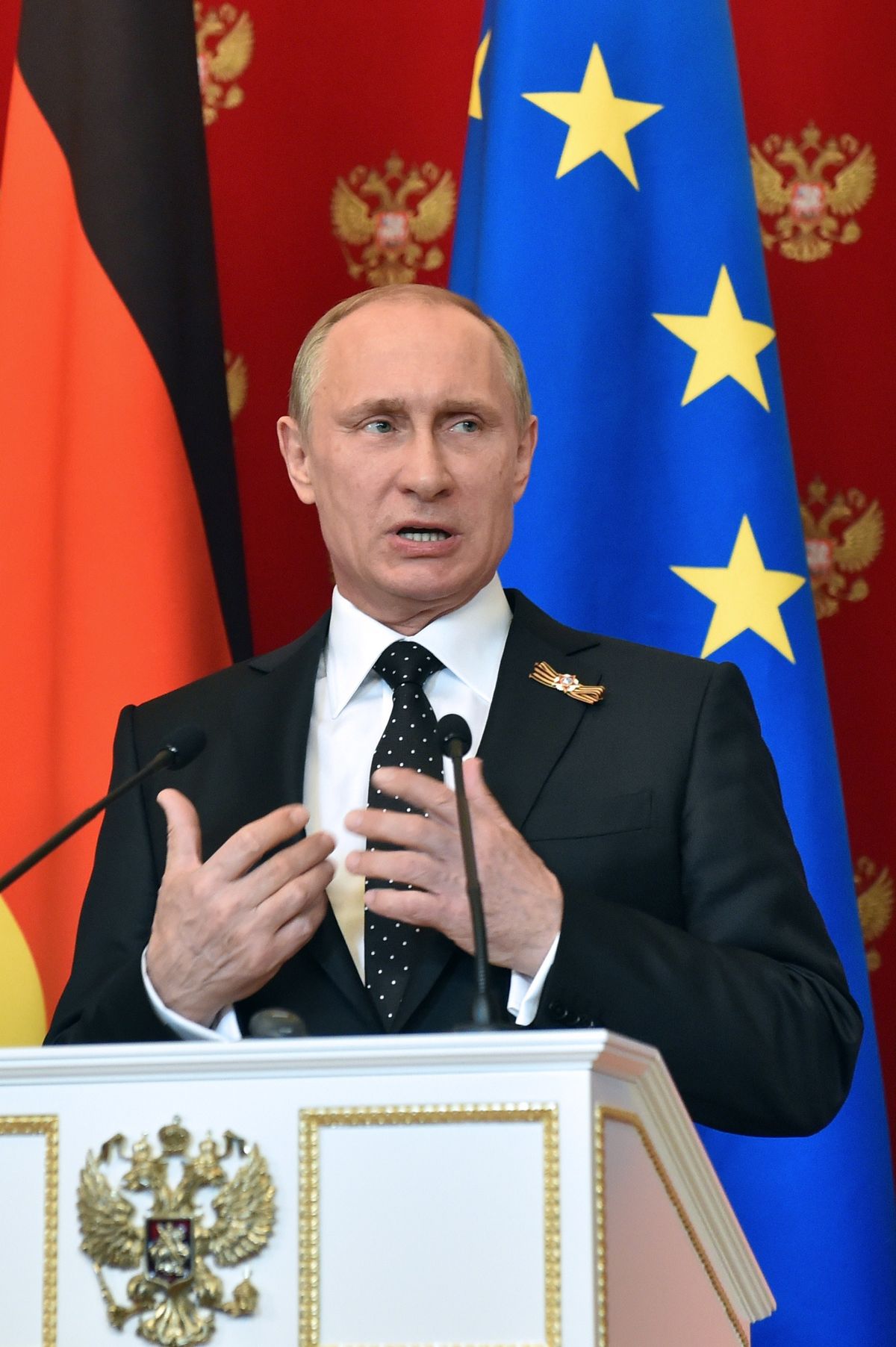Kerry to meet with Putin in Russia

WASHINGTON – Secretary of State John Kerry departed Monday for Russia to meet with President Vladimir Putin, on his first visit to the country since relations between Washington and Moscow plummeted to post-Cold War lows amid disagreements over Ukraine and Syria.
The State Department said Kerry would meet Putin and Foreign Minister Sergey Lavrov today at the Black Sea resort of Sochi. But in a sign of the considerable strains, the Kremlin said Putin’s attendance had yet to be confirmed, and the Russian Foreign Ministry previewed the talks by blaming Washington for the breakdown in relations.
“The Obama administration chose the path of scaling back bilateral relations, proclaimed a course of isolating Russia on the international arena and demanded that those states that traditionally follow the lead of Washington support its confrontational steps,” it said in a statement.
Ukraine’s crisis, it said, “was largely provoked by the United States itself.”
The rhetoric hardly augured well for a breakthrough on any of the many issues dividing the U.S. and Russia. Nevertheless, both sides stressed the importance of trying to work through some of the rancor that buried President Barack Obama’s first-term effort to “reset” ties with Moscow.
“This just was a time that made sense,” State Department spokeswoman Marie Harf said of Kerry’s scheduled meeting with Putin. She said talks would cover the civil wars in Ukraine and Syria, and ongoing nuclear negotiations between world powers and Iran.
The short trip to Sochi will be only Kerry’s second to Russia since taking office. He visited Moscow in May 2013, meeting with Putin and Lavrov before the Ukraine crisis erupted and Russia annexed the Ukrainian territory of Crimea.
White House spokesman Josh Earnest acknowledged the “complicated” relationship between the former foes but insisted they could cooperate on “interests that benefit the citizens of both our countries.”
Much hinges on violence decreasing in Ukraine, however.
The Western-backed government in Kiev continues to be embroiled in a sporadic conflict between government and separatist rebel forces in its eastern regions of Donetsk and Luhansk despite a cease-fire agreement sealed in mid-February. Russia was party to that deal.
Western nations say Russia supports the separatists with arms and manpower, and even directs some battlefield operations – all claims Moscow denies. In return, the Russians bristle at Washington’s provisions to Ukraine of military assistance in the form of hardware and training.
In late April, troops from the United States and Ukraine kicked off joint training exercises intended to help bolster Ukraine’s defenses. The exercises sparked outrage from Russia, which described them as a potential cause of destabilization.
Diplomats in Moscow and Washington are at odds over a range of other issues.
Russia last month announced it would lift a five-year ban on delivery of the S-300 air defense missile system to Iran, drawing a hasty rebuke from the United States.
On Syria, Russia has defied a chorus of international condemnation to remain fast to the embattled government of President Bashar Assad.